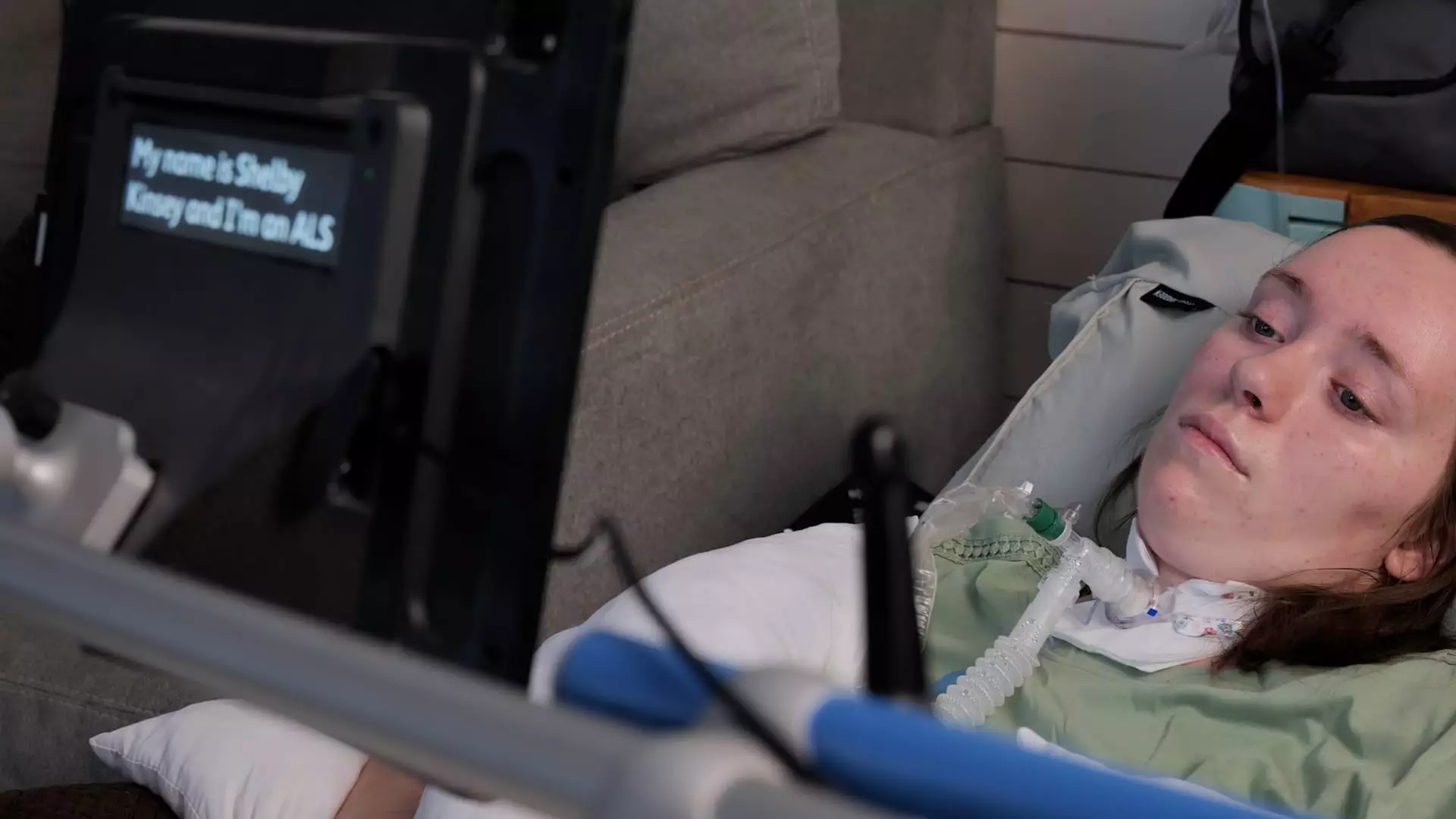The tragic assassination of UnitedHealthcare CEO Brian Thompson in December has sparked an unprecedented dialogue around the deeply-rooted issues within the health insurance industry. What has emerged is a raw portrayal of a system that many Americans perceive as failing them in their most vulnerable moments. As patients begin to share harrowing narratives of denial and frustration, the event has illuminated a dark reality that extends beyond the death of a corporate figurehead.
The targeting of Thompson reverberated through social media and news outlets, triggering countless personal accounts from individuals grappling with the complexities of their health insurance plans. Miranda Yaver, a health policy scholar at the University of Pittsburgh, emphasized that this incident has catalyzed nationwide conversations about the barriers individuals face within the healthcare system, from undue delays to outright denials. The tragedy has effectively laid bare the disenfranchisement felt by many, regardless of their political leanings.
Among those who have shared their trials is Shelby Kinsey, a young Texan battling Amyotrophic Lateral Sclerosis (ALS). Kinsey’s story serves as a poignant example in this growing dialogue. She fought against Blue Cross Blue Shield of Texas to obtain Qalsody, a medication deemed essential by her healthcare providers. “When we were first denied,” Kinsey recalled, “we were told it was due to the medication being labeled medically unnecessary.” This denial forced her and her medical team into an exhausting appeals process, highlighting the obstructive bureaucratic nature of health insurance approvals.
Kinsey’s struggles are not isolated incidents but rather indicative of systemic issues plaguing the industry. In interviews, countless individuals have recounted similar narratives of battling insurance companies for critical treatments. The emotional toll of these confrontations can be immense, often leaving patients feeling helpless and dehumanized. In many cases, these individuals are unaware that they have the right to appeal denials, leading to an alarming statistic: fewer than 1% actually take their case to appeal.
Moreover, KFF, a notable health policy organization, recently published data revealing that an astonishing 73 million in-network claims were denied in 2023 alone. This figure marks a significant increase from previous years and raises dire questions about the accountability of insurers in a system meant to facilitate care. Despite stringent policies outlined in the Affordable Care Act aimed at ensuring clarity and fairness in claims processing, actual enforcement remains a substantial barrier.
The Need for Transparency and Reform
Yaver points to the need for systemic reform, calling attention to the “complex insurance process of coverage denials.” While the Affordable Care Act mandates that insurers provide reasons for denials and establish an appeal procedure, it is evident that enforcement is lacking. The convoluted nature of healthcare legislation often leads to loopholes that insurers can exploit, leaving consumers in precarious situations without adequate recourse.
The failure of numerous individuals to appeal claims raises further concerns about the insurance companies’ operational tactics, which may be deliberately opaque. As Kaye Pestaina from KFF notes, many consumers simply are not informed of their rights within the appeals process. This knowledge gap betrays the trust that people place in their insurance, exacerbating the systemic issues that have come to light.
A Call to Action
The resonance of Thompson’s killing serves as a queuing cry for Americans to advocate for substantial change within the health insurance domain. It is a call not just for reforms that ensure better transparency and communication from insurers, but also for a re-evaluation of the rights afforded to patients. This moment presents a unique opportunity for advocacy groups, policymakers, and the general public to unite in demanding accountability, fairness, and compassion in healthcare.
As the narrative unfolds, it will be crucial to maintain momentum, ensuring that the emotional stories of individuals like Shelby Kinsey echo beyond the headlines. The urge for accountability and reform must not stall as the dust settles. In a nation that prides itself on the premise of life, liberty, and the pursuit of happiness, equitable access to essential healthcare should be a fundamental right, not a privilege. In soaring beyond the tragic event that highlighted this crisis, America must rise to meet the challenges that lie ahead, championing a system where health is prioritized over profit.

